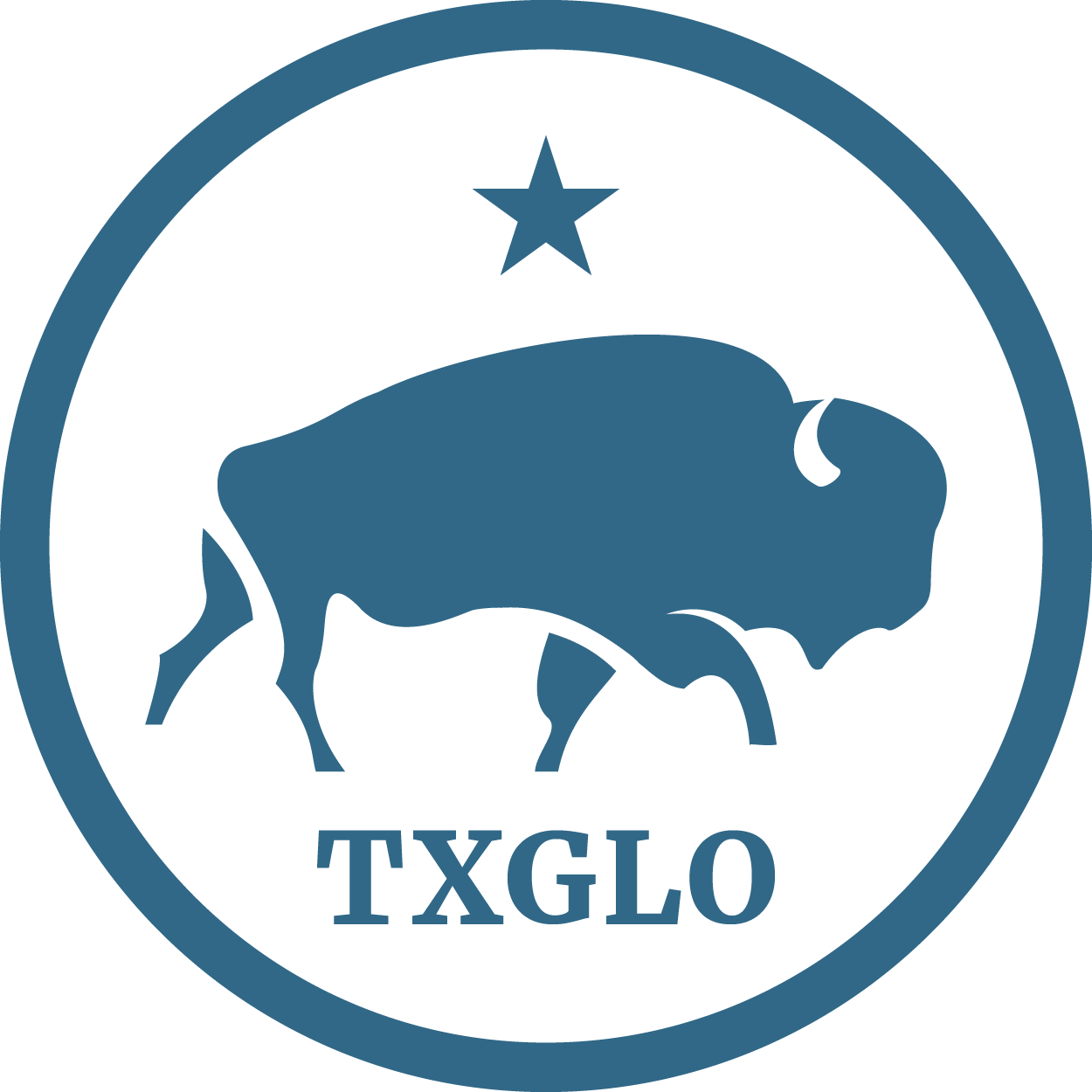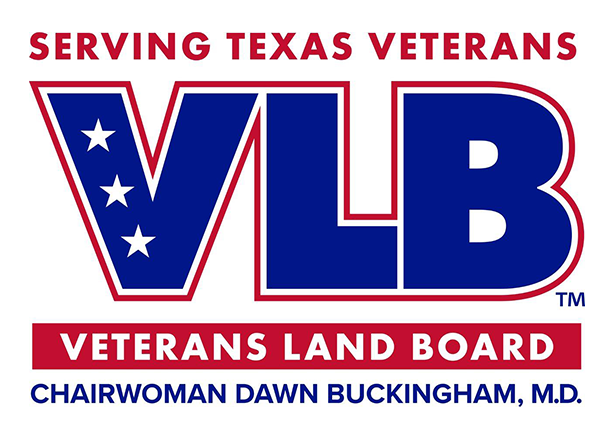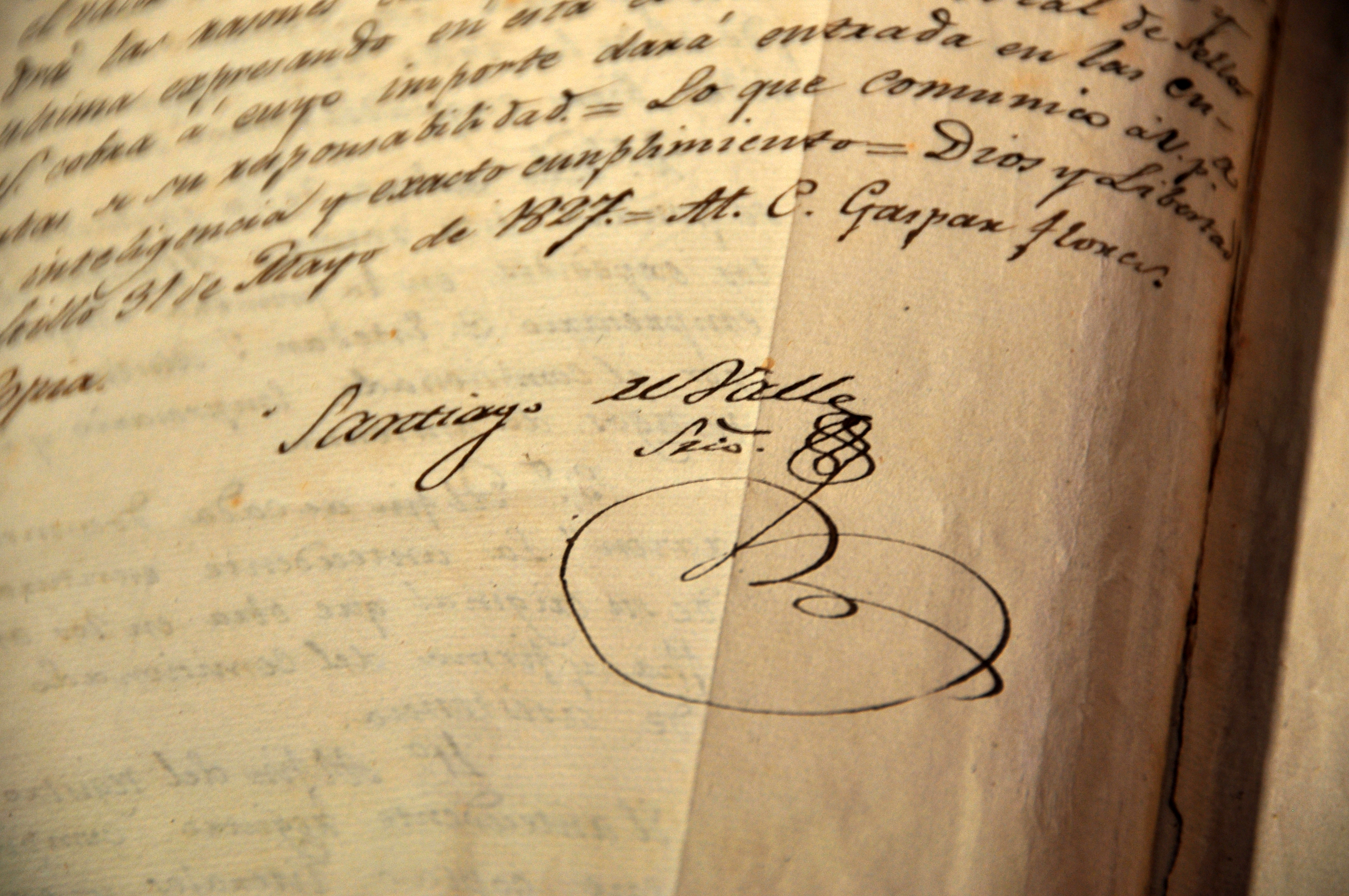Today, the Texas General Land Office announced 30 projects will receive funding under the Texas Coastal Management Program (CMP) Grant Cycle 26. Nineteen projects, approximating $2 million in federal funds, will improve the management of the state's coastal resources and ensure the long-term ecological and economic productivity of the coast using National Oceanic and Atmospheric Administration (NOAA) funds. The projects focus on four primary issues of concern to coastal communities: public access enhancement, data collection, coastal hazard and resiliency planning, and coastal resource improvements or enhancements. Projects will commence in October 2021.
The remaining 10 projects, approximating $8.6 million in state funding through the Gulf of Mexico Energy Security Act, will help the state acquire new land for coastal protection, identify the source of water pollution problems, and restore oyster reefs to enhance the overall resiliency of the coast. Projects will commence throughout 2021.
More information on the GLO’s CMP grant application process
can be found here
. A list of projects receiving grants can be found below.
CMP Grant Cycle 26: Project Summary by County (NOAA funded):
Coastwide
Texas Regional Stormwater Wetland Manual: Empowering communities to develop wetlands for resiliency
Texas A&M AgriLife Extension Service will develop a manual that details how to construct a stormwater wetland. The manual will give communities the knowledge and resources they need to complete a stormwater wetland project to help mitigate localized flood risks.
CMP Funded: $99,714.00
Match: $67,281.00
Total Project: $
CMP Grant Cycle 26: GOMESA Funded Project Summary by County (GOMESA funded):
Coastwide
A Comprehensive Assessment of Texas Coastal Ecosystems & Economies to Inform Ecological Restoration
The Harte Research Institute at Texas A&M University - Corpus Christi will develop ecosystem health report cards for various Texas Bays. The new bay-specific and coastwide Report Cards represent vital prioritization and planning tools for coastal restoration in Texas with particular utility for projects in the Texas Coastal Resiliency Master Plan.
GOMESA Funded: $453,385.00
Freshwater Inflows to Texas Bays and Estuaries: A State-Wide Review, Synthesis, and Recommendations
Texas A&M University - Corpus Christi will conduct a synthesis of freshwater inflows to Texas bays and estuaries and publish the results in a book. Stakeholders, scientists, environmental nonprofits, resource agencies, and others implementing projects in the Texas Coastal Resiliency Master Plan can use this new volume as a tool for coastal resource management decision-making.
GOMESA Funded: $1,325,449.00
Modernizing Texas Beach Watch Technology System
The Texas General Land Office will modernize the Beach Watch system and expand its capabilities to allow predictive modeling which will provide real-time, modeled information for the beach patron. Upgrades will also allow for cell phone text notifications and improvements in data viewer mapping, location, and related geospatial services.
GOMESA Funded: $715,000.00
Galveston
Recovering Access and Restoring Resilience at Stewart Beach Park on Galveston Island
The Park Board of Trustees of the City of Galveston will develop roadways within Stewart Beach Park, install perimeter ditch work, make beach access improvements, create emergency and service vehicle access areas, plant native vegetation in the new ditches and slopes to absorb water, create swales, and stabilization of areas within the park. This science-based project will bring solutions to enhance resilience intended to reduce/or eliminate lost user days, and recapture previously lost access.
GOMESA Funded: $1,076,651.00
Lower Coast
Beneficial Use Master Plan -- Texas GLO Regions 3 (Coastal Bend) and 4 (Lower Coast)
Ducks Unlimited, Inc. will create a master plan for beneficial use (BU) of dredge material along the lower Texas coast. Developing a BU master plan will provide the foundation for future restoration projects for decades.
832-451-4801
GOMESA Funded: $796,656.00
Restoring Colonial Waterbird Populations on the Texas Coast
The Coastal Bend Bays & Estuaries Program will (1) manage rookery islands to maintain viability for current nesting birds, (2) monitor rookery islands to ensure nesting activities are proceeding as expected, and (3) complete engineering and design to restore degraded rookery islands in three bay systems along the lower Texas coast.
GOMESA Funded: $1,102,999.00
Matagorda
Dog Island Acquisition
The Matagorda Bay Foundation (MBF) will acquire 1,000 acres of mixed coastal habitat in Matagorda Bay. MBF will engage in engineering and design of infrastructure to support wildlife viewing, youth and adult education, research, and paddle sports. This acquisition will conserve Dog Island's resources, prevent habitat fragmentation, maintain connectivity, and sustain the biodiversity of native and migratory species that rely on the 8-mile long wildlife corridor.
GOMESA Funded: $371,116.00
Nueces
Closing the Loop: Recycling Shells and Restoring Reefs for Resilience and Recovery
Texas A&M University - Corpus Christi (TAMUCC) will extend their shell recycling program, where shucked oyster shell is reclaimed from various seafood industry partners, to include reef restoration. TAMUCC will conduct three tasks: (1) reclaim shucked oyster shell from their seafood industry partners. (2) use recycled oyster shells to restore oyster reef complex in St. Charles Bay, and (3) host biannual community events for coastal residents and visitors to participate in hands-on reef restoration.
GOMESA Funded: $355,289.00
Upper Coast
Threat of Rising Sea Level & Water Tables to Texas Coastal Septic Systems: An Integrated Study
Texas A&M University - Corpus Christi will conduct a risk assessment and prediction of the vulnerability of on-site sewage facilities' functionality to climate and human-induced changes and their importance as nonpoint source pollution (NPS) from the Bolivar Peninsula to Matagorda Beach. Integration of data and models will help lead to implementation of management measures to enable better control of NPS to ensure resilient coastal systems.
GOMESA Funded: $914,631.00
Prediction of Texas Wetland Erosion through Remote Sensing, Field Surveys, and Numerical Modeling
Texas A&M Engineering Experiment Station will establish a long-term, comprehensive wetland erosion time-series and develop a predictive numerical model using this time-series to evaluate short- and long-term wetland erosion for key estuaries in Texas. The end product will be a reliable design and evaluation tool for coastal wetland restoration projects in Texas.
GOMESA Funded: $714,742.00
High Frequency Radar for Texas Bays and Ports
The University of Texas at El Paso will commission two High Frequency Radar (HFR) networks in Galveston Bay and Sabine Lake. HFR networks provide near real-time surface current data that is applicable to coastal hydrodynamic characterizations and enables more accurate modeling and assessment of pollutant transport and water quality mechanisms.
GOMESA Funded: $819,219.00








